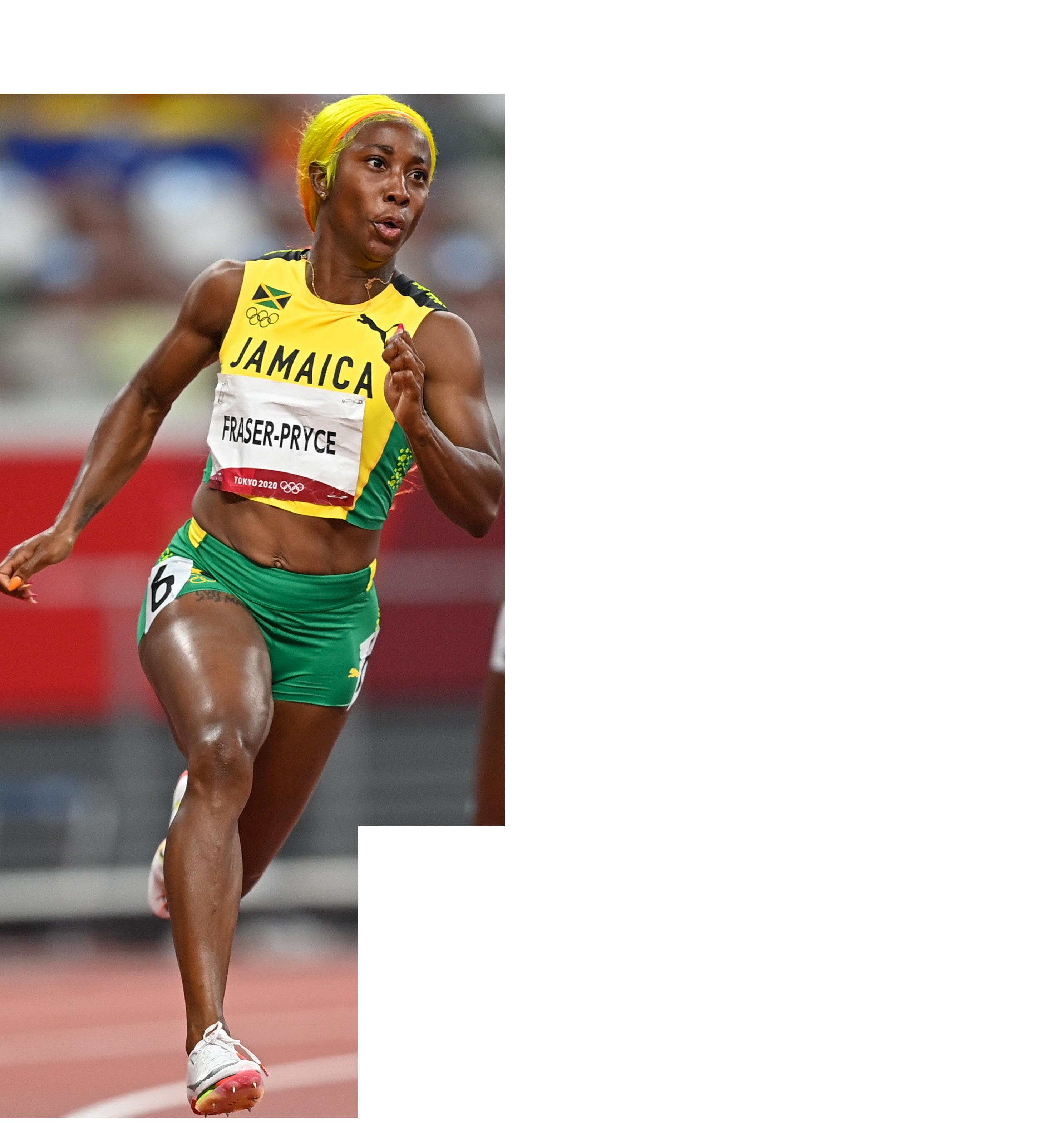
4 minute read
Supplements 101
NUTRITION Supplements 101
Your guide to what to take & WADA guidelines for high-level athletes
Advertisement
By Evan Lynch
Irish Runner Nutritionist
About Evan Lynch
Evan is a registered dietician, sports nutrition specialist and the Dublin City University Nutritionist.
Contact info@evanlynchfitnut. com to book an online consultation or visit evanlynchfitnut.com for more The supplement market is a multibillion dollar industry, selling us promises of enhanced performance, mental function or even in some cases, a better version of ourselves. Supplement usage in the sport of athletics is as common as running shoes, with a vast majority of athletes participating at any level taking some form of supplement. Sport Ireland estimates about 50% of the athletes engaging with their services use supplements.
It’s worth noting however, that not all supplements are actually helpful. Some only have use in specific circumstances, while others possibly even harm you or get you banned from sport. What is curious is that much of the research on the topic of supplements show that athletes of all levels score about a C- when quizzed on the topic.
It might be helpful to point out a key difference here between nutritional supplements and ergogenic aids. The former are the supplements we all know and use daily such as vitamin C, Iron and vitamin D, while the latter are compounds specifically beneficial to sport, such as caffeine or creatine. For the purposes of this article, I am going to focus on the key supplements that athletes tend to engage with.
01. IRON 02. CREATINE
This is a mineral we get from our diets that has a major role to play on oxygen transport during sports, which is the basis of aerobic performance. It is very important to be aware that taking iron with the intention to enhance performance or prevent deficiency comes with a good degree of medical risk, and that you should only take iron if you are actually iron deficient or anaemic. This means you need to do a blood test before supplementing. Using iron supplements if your iron levels are normal will not do anything for your performance. This is a supplement that creates a lot of media frenzy, with pretty polarised viewpoints on its usage. The reality is that creatine monohydrate is one of the most widely-researched compounds on earth, and is perfectly safe to take in 3-5g doses daily provided you have no underlying kidney disease or renal abnormalities. Creatine basically enhances speed and strength by enabling you to work harder for longer (by recycling ATP quicker). It can also enhance immunity and the muscle’s capacity to store glycogen.

HOW TO PROCEED WITH CAUTION
03. CAFFEINE 04. BEETROOT JUICE
Everybody’s favourite ergogenic aid, caffeine has a number of cool effects on ingestion. It decreases our perception of fatigue (as opposed to actually giving us energy) and it can spare some glycogen during exercise. Caffeine gels are mostly a waste of time when we bear in mind the fact that caffeine is only really helpful for performance in doses between 3-6mg/kg. For an 80kg person this is the equivalent of a triple espresso, while most caffeine gels have about 40mg caffeine. Coffee, caffeine gum or caffeine pills work well in this respect. Beetroot juice (alongside things like spinach) has sizeable amounts of a compound known as nitrates, which has the ability to cause our arteries to expand. This results in more oxygen and glucose to reach working muscles, resulting in superior sports performance via enhanced VO2max and decreased lactate production. A shot of beet-it or glass of beetroot will do the trick. Well-trained athletes derive less benefit from using the supplements. This may be a poor choice of supplement if you have low blood pressure. It is really important to bear in mind that this is just a snapshot of the supplement industry and the range available to us. Proceed with caution when using supplements, especially if you are someone taking part in sport competitively or internationally. Just under one in 10 positive doping cases are a result of contaminated nutritional supplements, with NGO’s and WADA not taking a forgiving stance on accidental consumption. Due diligence is our individual responsibility. It is also important to note that approximately 10-25% of the supplements commercially available to you and I are likely to be contaminated with prohibited substances.
FUN FACT:
Sport Ireland estimates about 50% of the athletes engaging with their services use supplements.
So how do we proceed with caution? Here’s the deal: If you are going to use a supplement, make sure the brand or the supplement itself is batch tested, or is in the informed sports list of approved products. This is an app you can download on your phone.
Get a professional opinion from a GP, sports medicine physician or sports dietitian. You may require a nutritional supplement and will be directed towards a trusted pharmaceutical grade option to address your issue.
Contact me
If you have a specific supplement question, feel free to reach out to me on Instagram @elynchfitnut or email me at info@evanlynchfitnut.com







